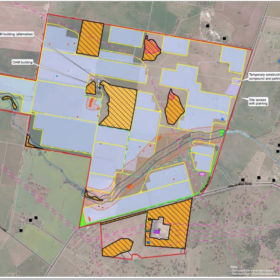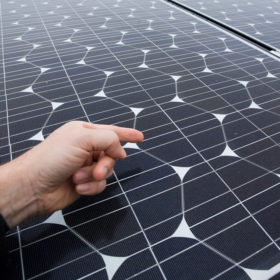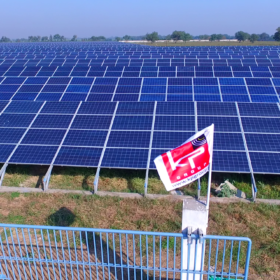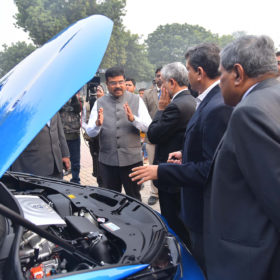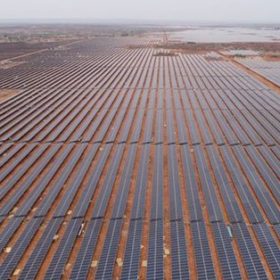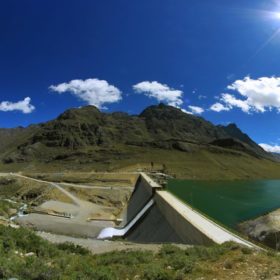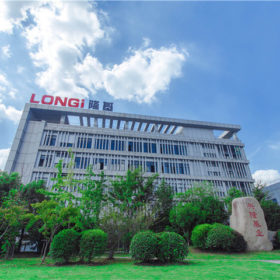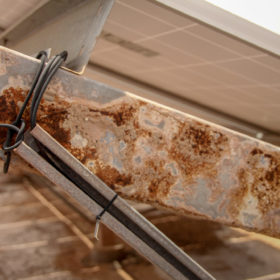Sterling & Wilson begins construction of 200 MW solar project in Australia
Two years after announcing its market entry, the India-based EPC heavyweight has commenced construction of its first Australian project.
EESL tenders for 100 MWp solar modules
Energy Efficiency Services Ltd, under the Ministry of Power, intends to procure an aggregate 100 MWp quantity of solar modules rated 325 Wp or above for the state of Maharashtra. Bidding closes on December 27.
Gujarat notifies guidelines for small-scale distributed solar projects
The state government’s Policy for Development of Small-scale Distributed Solar Projects 2019 allows any individual or company to set up solar plants in capacities ranging from 0.5 MW to 4 MW for sale of electricity to the DISCOMs.
Coal India arm tenders 20 MW solar project in Jharkhand
Developers have until January 15, 2020 to submit bids for the project that shall come up at Central Coalfields Limited’s plant in Piparwar of Jharkhand.
Petroleum minister calls for making hydrogen fuel cell technology affordable
Hydrogen can be produced from various sources including biomass, renewables and LNG and possesses high energy density and long-time storage—said the minister, who recently took the test drive of a hydrogen fuel cell based car manufactured by Toyota Kirloskar.
SECI seeks global bids for 1.2 GW wind-solar and 1.2 GW solar projects
The Solar Energy Corporation of India shall enter into a 25-year power purchase agreement (PPA) with the developers that can set up the projects anywhere in India on “build own operate” basis.
Coupling pumped hydro with renewables and other storage technologies
The combination of pumped hydro with other storage technologies can increase renewables penetration, improve operational safety and reduce maintenance costs at large-scale hydropower plants, according to new research. The study also focuses on techniques to determine the optimal size of renewables-based pumped hydro storage systems. Costs for hybrid solar-pumped hydro projects currently range from $0.098/kWh to $1.36/kWh.
BHEL seeks 231,200 quantities of minimum 330W solar modules
Global bids are invited for manufacturing and supply of multicrystalline PV modules with peak power output of minimum 330 Wp, for the state-owned engineering major’s projects in Gujarat. Bidding closes on December 11.
LONGi Solar inks 1.2 GW bifacial module deal with Adani
The Chinese module maker will supply Adani Green Energy with 1.2 GW of Hi MO4 bifacial modules that offer cell efficiency reaching 22.5% and module power peaking at 430W (72 cells).
Assessing metal leaching from PV modules dumped in landfill
An Indian Institute of Technology research team analyzed around 300 studies about PV panel waste containing carcinogenic metals. The researchers said solar module recycling is not economically profitable and policy support is necessary to avoid panels being dumped in landfill.
